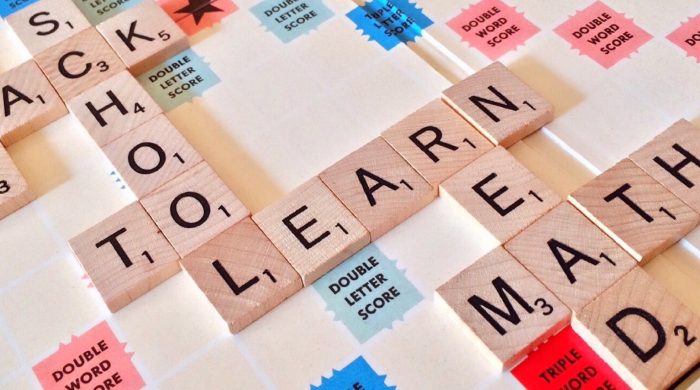I was in the holy town of Rishikésh near the bank of the river Ganges, just by the foot of the Himalayas in India. I spend my 26th birthday in an abandoned Ashram where the Beatles lived and learned yoga and transcendental meditation from the infamous guru, Maharishi Mahesh. I remember climbing up on the top of the buildings to enjoy the beautiful landscape with my friend, Cat who told me about her life in China. She’s Canadian, living in China, teaching English in various cities and towns for over 10 years now. It amazed and amused me the same time when she told me about how she, despite being an English teacher, barely understands a thing about the grammar structures her own native tongue but teaches everything just according to the books explanations. Apparently, to land her job she only needed two things: proof of any kind of BA degree and being native in English. So she got the job, being native with an never-finished BA in philosophy. What a privilege, I thought. As a non-native I would have to study for years to have a degree or a TEFL certificate to teach English, and still a native speaker could steal my job – she agreed.
As my birthday is approaching me fast, I couldn’t help but go down memory lane. Living in Scotland, a native English speaking country, it made sense why the memory popped up in my head suddenly, after being buried for 6 years somewhere in the dark places of my mind. The reason is, since I’m here I keep ruminating on one problem: how easier my life would be if I would speak English fluently. Though, people always tell me how good my English is, it seems that sometimes my boyfriend is the only person who understands me. I traveled to many countries where English wasn’t first language or even, was rarely spoken and I never met this problem before: I hardly get people to understand me. Though I still have great conversations with people and when they ask me where my accent is from I usually make a joke saying it is certainly not from the same country as I am from. As I mainly learned English on my travels, my accent is a mix of other accents I picked up and I also tend to pick up on the accent of the people around me (eg. when I’m with my Italian friends, I tend to speak with a more Italian sounding accent).
English is known for being a language that brings people together, a lingua franca. A language that most people speak worldwide. While I believe it could be because basic English is pretty easy to learn, if you want to speak really good English then it becomes hard.
English a mandatory element of public education in 142 countries across the world, while the study of foreign languages is no longer compulsory at GCSE level in the UK. 62% of Britons are monolingual, while around a quarter of the entire world is fluent or at least competent in English. For other countries, learning English is considered as something essential to success or a stepping stone for opportunities. People who speak English hold an immediate advantage over those who don’t, and people whose native tongue is English have an even greater privilege, something we need to start acknowledging.
Native English speakers, as my native friends also agreed, sometimes seem to take for granted that they speak the language that for them is so natural ,yet many others are trying hard to learn. By definition, a privilege is an advantage that you have not chosen for yourself. If we were all able to chose privilege, it wouldn’t exist as most likely everyone would choose to be privileged.
So does being a native English speaker make you privileged? Yes and no. While we can not choose our mother language and it is a great advantage to be native in English, it doesn’t mean that natives do not have to go through hardships. Just think about Scottish accent, which is just so hard for me to understand, just as my weird Hungarian accent is hard for them to understand. But it does mean there are barriers and obstacles native English speakers do not face due to their language.
Though, language privilege can affect not just English speakers but others, too – due to colonization Spanish or French speakers are in a better position too in many cases, still English wins the prize.
Knowing multiple languages can also change your privileged position, but that is a whole new conversation. We have to be cautious about this as it can either bring us closer or push us away.
I think that acknowledging that another person has learned a second language to be able to better themselves is something to be recognized more often. We also shouldn’t dismiss someone who learned English and is not a native speaker in regards to job prospects or credentials. If someone misuses a word, it shouldn’t discredit them.
Native English speakers should also be encouraged to learn another language and actually speak it, to understand the hard work, practice, and confidence it takes to speak with people who are fluent in the language you’re learning.







Read 0 comments and reply